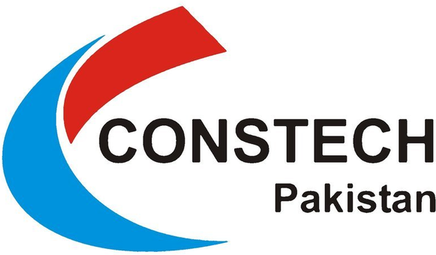ISO 17025
ISO/IEC 17025 is an international standard that specifies general requirements for the competence of testing and calibration laboratories. Published by the International Organization for Standardization (ISO) and the International Electrotechnical Commission (IEC), ISO/IEC 17025 provides a framework for laboratories to demonstrate their ability to produce accurate, reliable, and traceable results.
Key features and requirements of ISO/IEC 17025 include:
Scope of Accreditation: Laboratories seeking accreditation must define the scope of their testing and/or calibration activities. The scope outlines the types of tests or calibrations the laboratory is competent to perform.
Management Requirements: ISO/IEC 17025 includes general management system requirements that laboratories must fulfill. This includes a focus on the organization’s management system, document control, and addressing risks and opportunities.
Structural Requirements: The standard outlines requirements related to the organizational structure of the laboratory, including responsibilities, authorities, and the independence of personnel involved in testing and calibration activities.
Resource Requirements: Laboratories must demonstrate that they have the necessary resources, including personnel, facilities, equipment, and reference materials, to carry out their testing and calibration activities competently.
Process Requirements: ISO/IEC 17025 emphasizes a process-based approach to laboratory activities. Laboratories are required to establish and maintain procedures for all processes relevant to their scope of accreditation.
Quality System Documentation: The standard outlines documentation requirements, including the preparation and maintenance of manuals, procedures, records, and reports necessary to ensure the effective operation of the laboratory.
Technical Requirements: Laboratories must demonstrate technical competence in their specific field of testing or calibration. This includes validation of methods, calibration of equipment, handling of test items, and the reporting of results.
Assuring the Quality of Test and Calibration Results: ISO/IEC 17025 emphasizes the importance of ensuring the quality and validity of results through activities such as proficiency testing, interlaboratory comparisons, and the use of certified reference materials.
Reporting of Results: Laboratories must establish and maintain procedures for the timely and accurate reporting of test and calibration results, including clear and unambiguous statements and, when required, associated uncertainties.
Internal Audits and Management Review: The standard requires laboratories to conduct internal audits of their management system and testing/calibration activities. Management review meetings must also be held to assess the effectiveness of the management system. ISO/IEC 17025 is widely recognized internationally, and laboratories seeking accreditation often undergo assessments by accreditation bodies to demonstrate compliance with its requirements. Accreditation to ISO/IEC 17025 provides confidence in the competence and reliability of a laboratory’s testing and calibration services.
